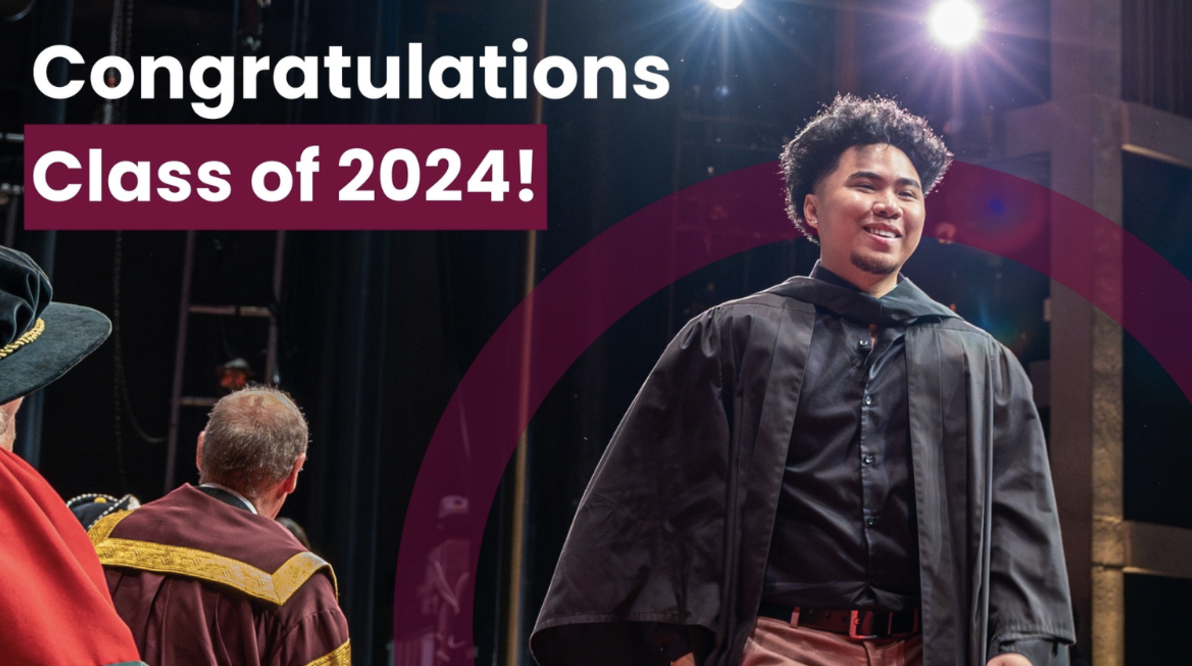Global Health Symposium kicks off with an emphasis on global solidarity and collaboration
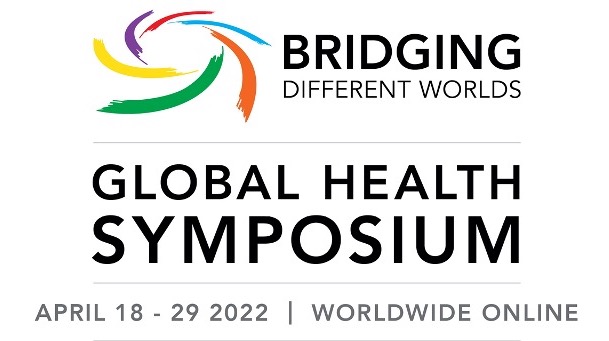
This year’s Global Health Symposium will offer students an experiential learning opportunity to explore various pressing global health issues alongside experts, advocates, and researchers from around the world.
The two-week immersive international learning symposium is Global Health’s capstone project. It highlights the university’s commitment to the United Nations’ Sustainable Development Goals (SDGs) and is an example of an innovative international event that is a key part of McMaster University’s priorities.
From April 18th to April 29th, the symposium will bring together 350 students and 37 faculty from McMaster University and its partner institutions in the Netherlands, India, Colombia and Thailand. Taking place virtually across 12 time zones and 27 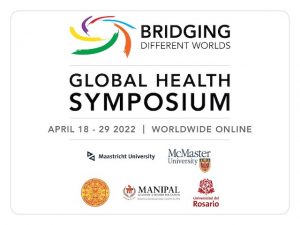 countries, students will be tuning in from Ireland, Germany, Portugal, Vietnam, India, and Gambia to name a few.
countries, students will be tuning in from Ireland, Germany, Portugal, Vietnam, India, and Gambia to name a few.
Prior to the COVID-19 pandemic, the symposium took place in Karnataka, India at Manipal Academy of Higher Education. Due to the pandemic, for the third year, it will be held online as a unique opportunity for global engagement and internationalization in a multicultural, international, and digital learning environment.
The event kicked off today with opening remarks by Thijs Teeling, Chair of the Global Health Advisory Board. Highlighting the importance of partnership and collaboration, he reflects that ‘the pandemic has drawn the world’s attention to the value of global health. Not only has it highlighted the importance of the social determinants of health, but it has also provided justification for how fundamental global solidarity and international collaboration are in keeping the world healthy and safe.’
Throughout the symposium, students will work in multilingual, transdisciplinary, and transcontinental teams on a health system mapping project and present abstracts of their research focusing on the SDGs. The objective is to provide students with an experiential international learning experience, receive feedback from peers and experts on individual research projects, network with fellow students, and critically learn about cultural diversity.
Simulating a scientific conference experience, students will formally present their thesis research proposals and scholarly paper abstracts and receive critical feedback from peers and faculty. Student presentations have been divided thematically using the SDGs and topics that range from migrant and refugee health, mental health, Indigenous health, and the COVID-19 pandemic. This year, SDG 3 (Good Health and Well-Being), SDG 5 (Gender Equality), and SDG 10 (Reducing Inequalities) are among the top themes.
‘Through international symposiums like this one, the importance of SDGs and internationalization are highlighted as student’s from around the world are able to share diverse, innovative perspectives on how to progress sustainability and equitably both locally and globally.’ says Andrea Baumann, Associate Vice-President, Faculty of Health Sciences, (Global Health).
For the system mapping project, students will work in cross-cultural groups to study healthcare systems at the country-specific level. They will pay particular attention to issues such as infectious disease surveillance, maternal and child health, and traditional health care practices. The culmination of the group work is a panel discussion, in which students will respond to moderated questions and demonstrate their understanding of their system mapping project – an essential approach for tackling complex global health problems.
Furthermore, there will be a Speaker Series in which experts such as Ky’okusinga Kirugna, Executive Director of Amref Health Africa in Canada and Dr. Supat Wangwongwatana, Director of the Thailand Air Pollution Center of Excellence will address existing and emerging global health challenges. Their topics will focus on COVID-19 and vaccine equity, gender representation in research, and climate change.
One of the main highlights of the symposium has always been the cultural immersion experience that takes place. In lieu of an in-person experience, a global student planning committee has coordinated several activities including a networking event with program alumni, an equity, inclusion and diversity workshop, and a cultural showcase. These events offer students an environment to establish the basis for collaboration and to mimic elements of the cultural immersion experience. Students will also connect through social media platforms such as Instagram (@ghsymposium22) and participate in creative photo challenges.
Emulating a real-world global health experience, students and faculty collaborate with colleagues from all over the world to tackle complex global health issues and work towards creating a brighter world.
Global Health News
Related News
News Listing
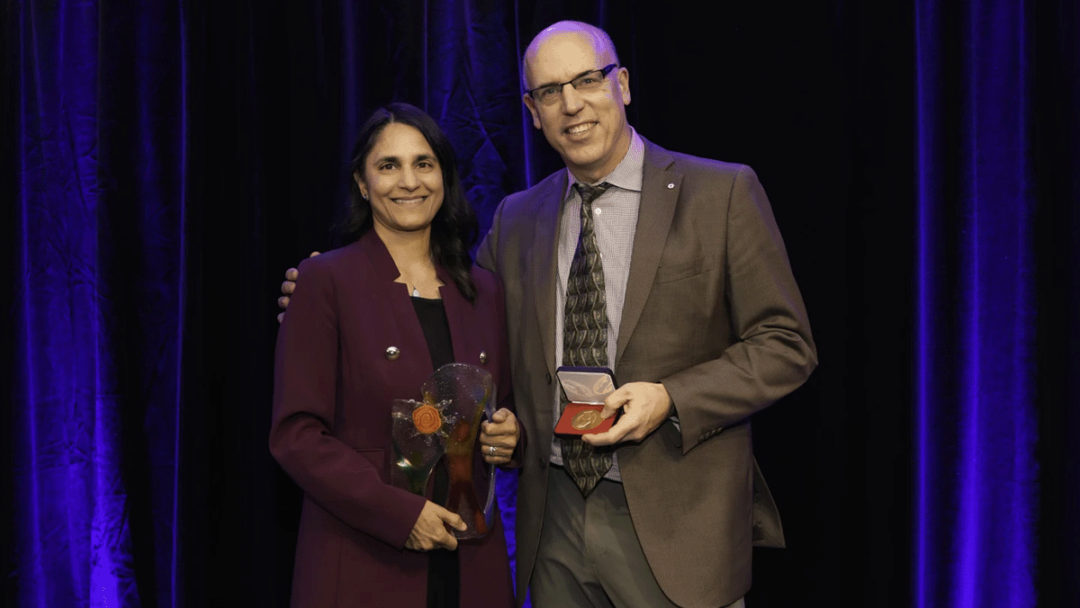
Faculty of Health Sciences News ➚
Sonia Anand recognized with HRF Diversity & Equity in Research Award
Global Health News
12 hours ago
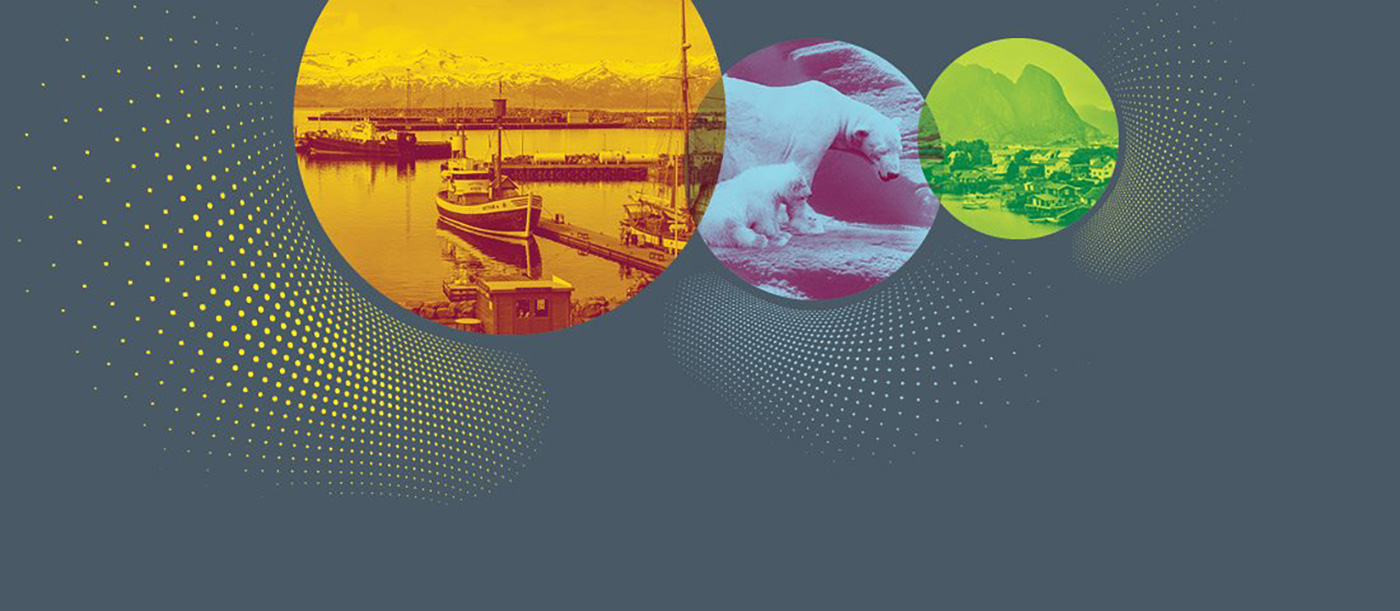
Health and Humanitarian Implications of War, Crises, and Conflict
Global Health News
November 11, 2024

